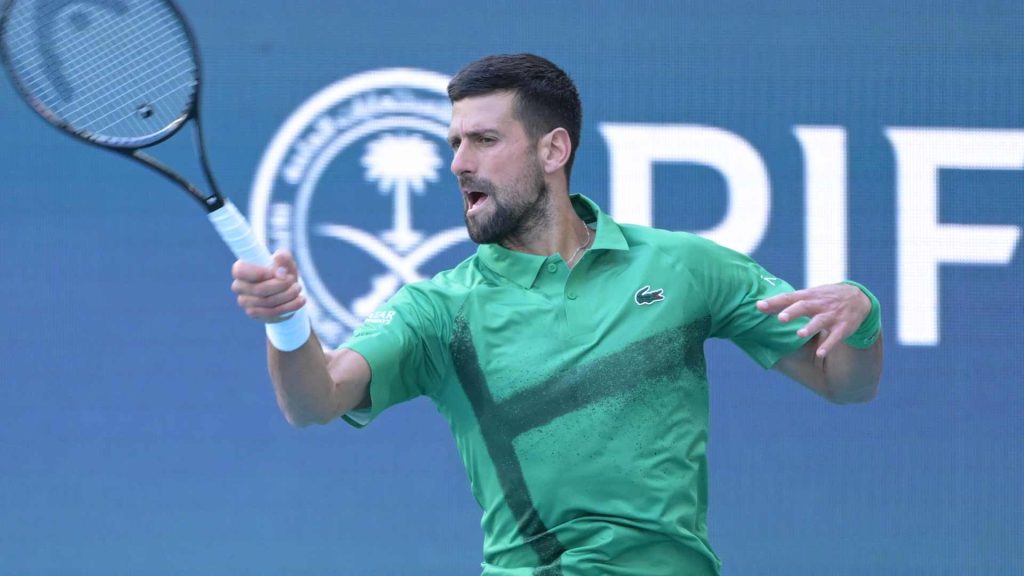Enugu State has officially withdrawn from the Supreme Court suit challenging the legality of the Economic and Financial Crimes Commission (EFCC) and the Nigerian Financial Intelligence Unit (NFIU) Guidelines, joining five other states that have exited the case. This decision was formalized in an application submitted by the Attorney General of Enugu State, Kingsley Udeh, and received by the Supreme Court on October 24, 2024.
Enugu is the sixth plaintiff to withdraw, following earlier withdrawals from Anambra, Adamawa, and Ebonyi, all of which removed their claims on October 22, the day of the first hearing. Benue and Jigawa also filed their withdrawal applications on October 23 and October 24, respectively.
In the official notice, titled “Notice of 6th Defendant’s (Attorney General of Enugu State) Withdrawal from this Suit Brought Under Order 4 Rule 1 of the Rules of this Court and Under the Inherent Jurisdiction of this Court,” Enugu formally announced its intent to discontinue participation in the suit. The statement, signed by Attorney General Udeh, stated: “Take Notice that the 6th Plaintiff (Attorney General of Enugu State) intends and doth hereby withdraw his suit against the defendant (Attorney General of the Federation) in the above-mentioned suit.”
Initially filed by the Kogi State government in 2023, the lawsuit drew the support of 18 states, including Enugu, all challenging the legal foundation of the EFCC and NFIU as it relates to state jurisdiction. With the withdrawal of six states, 13 states remain committed to seeing the suit through to its conclusion.
Basis of the Legal Challenge
The core of the plaintiffs’ argument rests on a previous Supreme Court ruling in Joseph Nwobike vs. the Federal Republic of Nigeria, where it was held that the United Nations Convention Against Corruption was integrated into the EFCC Establishment Act. However, the states contend that the process of enacting this law in 2004 overlooked Section 12 of the Nigerian Constitution, which mandates the consent of a majority of state Houses of Assembly for the adoption of any international convention into national law.
According to the plaintiffs, the failure to secure such state-level approval renders the EFCC Act inapplicable to states that did not formally adopt the convention. They argue that this constitutional oversight questions the legality of institutions, like the EFCC, formed under such legislation.
With this constitutional argument, the states assert that the EFCC and similar bodies established without proper constitutional procedure should not hold jurisdiction over non-consenting states. The 13 remaining states will now continue with the suit, seeking to challenge and potentially redefine the reach of federal institutions under the current legal framework.













